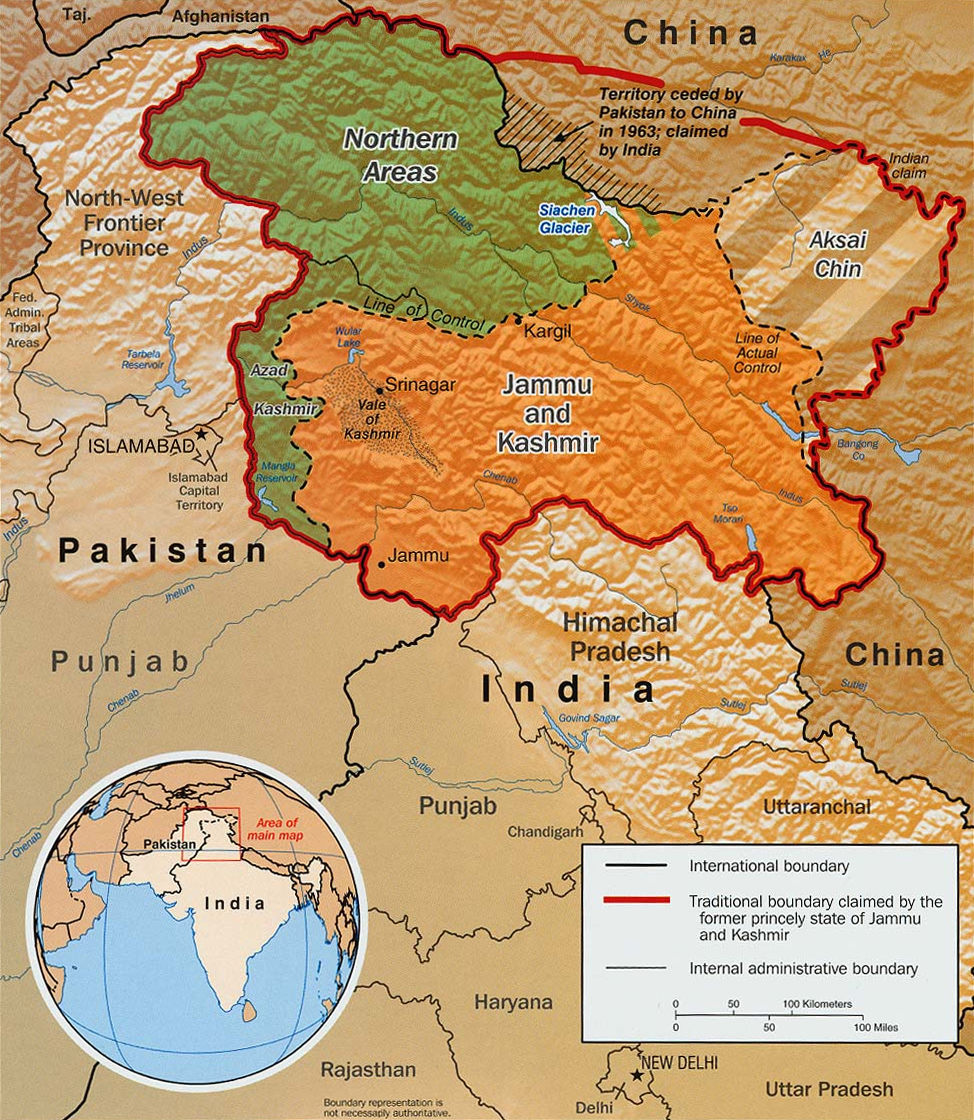I went on a trip yesterday with a few of my classmates to the south, near Gaza.
We joined a group from the Abrahamic Reunion (
Abrahamic Reunion). The Abrahamic Reunion is a peace-building initiative between Jews and Muslims in Israel and Palestine. It uses the premise that Jews and Muslims all recognize Abraham to be their father. They build on this commonality to foster good relationships between them. The group that we joined was primarily Palestinians from one large family.
The man in the middle of the above picture (in profile with the blue shirt) was the leader of the trip. We learned about him in one of our classes. From a Jewish religious perspective, he would be considered a
rodef shalom; one who pursues peace.
I had mixed responses to the trip. I love the use of religion to unite rather than divide the two groups. I also love the grass-roots level community involvement since the community can be such a powerful tool in bringing about change. While I love the ideas behind the initiative, the execution of it seemed wanting.
I couldn't tell by this one trip if the affect of this initiative goes beyond a very small community that is primarily made up of a handful of families. The trip was a bit disorganized and lacked focus. Considering this is a religious reconciliation initiative, other than a brief prayer, religion wasn't brought up at all.
I make these critiques, and withhold others, in full recognition that they are based on one trip. More frequent trips could change those initial impressions. I am grateful that I got to see an Abrahamic Reunion trip first hand.
Also, I got to look into Gaza for the first time. Gaza is on the other side of the wall in the picture. The city that can be seen in the background is Gaza City.






